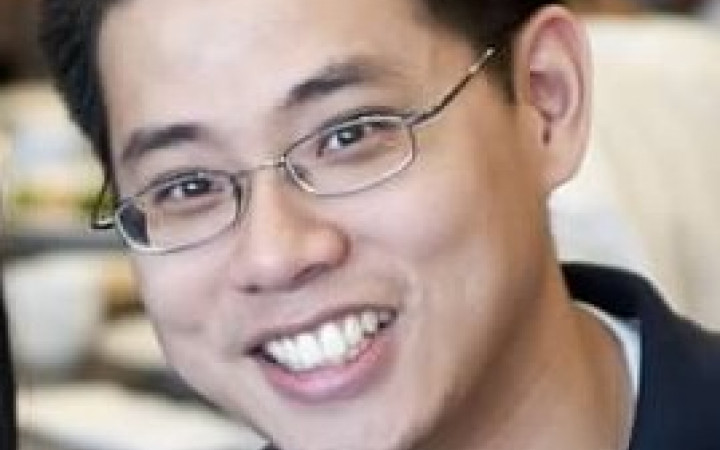Events
ML+ X Seminar
ICYMI! Watch ML+X Seminar: Optimal Control for Electroceutical Therapies
Joshua Chang, M.D., Ph.D., Assistant Professor, Department of Neurology, The University of Texas at Austin
-The University of Texas at Austin
GDC 6.302
United States

ICYMI: Find a recording of the talk in our Previously Recorded Talks section or watch it on the IFML YouTube channel.
Joshua Chang, M.D., Ph.D., assistant professor in the Department of Neurology at The University of Texas at Austin.
Optimal Control for Electroceutical Therapies
Abstract
There has been growing clinical interest in the use of electrical stimulation as a therapy across diverse medical conditions. Most electroceutical devices use simple waveforms, for example sinusoidal or rectangular biphasic pulses. Clinicians empirically tune the waveform parameters (e.g., amplitude, frequency) without altering the fundamental shape of the stimulus. We have been exploring the use of a variety of techniques including traditional analytical variational approaches, stochastic search methodologies and reinforcement learning to develop computational tools capable of discovering energetically optimal waveforms. We found that non-standard waveform shapes can reduce the energy required compared to current clinical practice.
Speaker Bio
Joshua Chang completed both his Bachelors of Science as well as his Masters of Engineering at MIT in Electrical Engineering and Computer Science, focusing on signal processing and artificial intelligence. His masters dissertation was completed at MIT Lincoln Laboratory in missile tracking using different radar modalities. Before pursuing an MD/PhD at the University of Massachusetts Medical School (UMass), he worked as a software engineer at the Broad Institute and Harvard’s School of Public Health – Center for Health Decision Science. At UMass, he completed thesis in Quantitative Health Sciences and Neurology, under the supervision and mentorship of Dr. David Paydarfar designing and developing adaptive control algorithms to optimize stimulus waveforms for implantable medical devices. He continues his research here at Dell Medical School, studying ways to leverage artificial intelligence to better improve healthcare across diagnostics, therapeutics and predictive analytics.